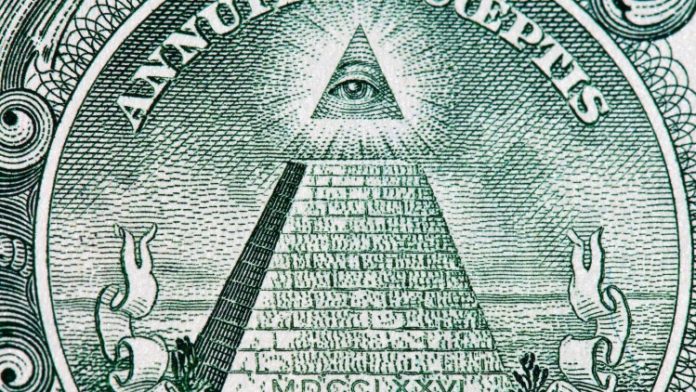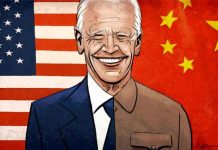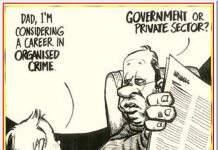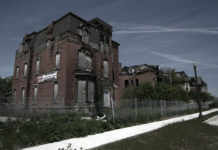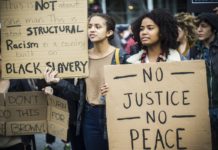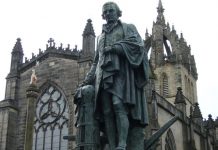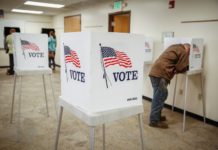When I, as a young man, first became interested in economics, I found it difficult to gauge different economic theories against one another. I could read the works of whatever economists I wanted, and I could compare differences between theories. I could even take stabs and deciding how well different theories seemed to work, but calling one ‘better’ or ‘worse’ than another required something I was missing, so one day, after a great deal of thought, I sat down with a pen and paper, and wrote the most basic question I could think of: “What is an economy for?”
At first glance, that seems like an easy question to answer, and I started writing with furious speed. “An economy exists,” I wrote, “to provide for the needs, material or otherwise, of the people who live within it, and economic theories can be gauged based on how well they do, or do not, in meeting those needs.” I then looked at various theories, and asked how well they met the needs of the people living under them, in the real world.
Years later, I discovered that the question ‘what is an economy for’ is actually somewhat ignorant. I should have taken one step further back and asked ‘what is an economy?’
The dictionary defines an economy as “the wealth and resources of a country or region, especially in terms of the production and consumption of goods and services.” Generally speaking, everything we do affects the wealth and resources of our country and region, in terms of the production and consumption of goods and services, so as a consequence, an economy can be defined as the totality of everything everyone is, or does. We the people ARE the economy.
The question ‘what is an economy for’ assumes that there is a purpose to the totality of everything everyone does. People do have purposes when they do things, but when you roll all of those purposes up, you do not get a larger purpose. The economy itself has no purpose – it is, rather, a vehicle through which people seek purpose.
To try to give a purpose to the totality of everything everyone does is a pursuit that has caused more human suffering than any other human endeavor, for the pursuit of such purpose requires the people to be controlled. Controlling the purposes of one’s own people leads to tyranny. Controlling the purposes of other nations leads to war.
Only once we understand that an economy is a vehicle through which people find purpose, rather than being something with a purpose of its own, can we start to tackle the question of what the purpose of government is. The purpose of government, in fact, becomes obvious – the government exists to promote and protect the ability of the people to seek purpose in the economy. Because each person defines their own purposes, and seeks them as individuals, the primary mechanism government can use to help people derive purpose is by protecting their personal liberties. Protecting personal liberties includes preventing some people from infringing upon the personal liberties of others. The military exists to protect our personal liberties from external threats, and the police exist to protect our personal liberties from internal threats.
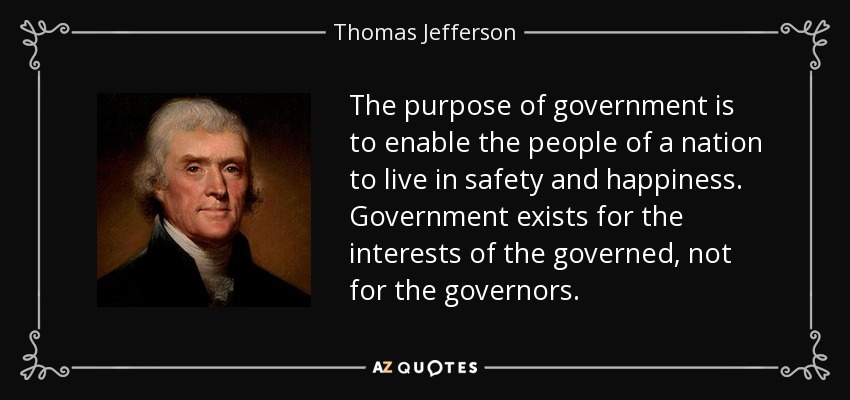
Certain government activities, such as infrastructure projects and truth in advertising laws, may make the economy more efficient, and because economists tend to focus on wealth (measured in money) when discussing the economy, some legitimate societal needs, such as clean air, may run counter to market efficiencies. Government can have a role in such things.
Much of the public seems to assume that the purpose of government is to run the country, but governments have a horrendous track record at running countries. As a general rule, the things government runs are the worst run things in the country. The Secretary of State’s Office only sells a handful of things, and yet look at how much more poorly run it is than is Amazon.com or Walmart – both of which sell millions of different things.
The country, like the economy, is composed of people, all of whom have their own values and interests, and the people are individually far better equipped to pursue their own values and interests, as they see them, when left alone to do so as they see fit.
The government does not run the country. The government only runs certain things within the country, as defined by the Federal Constitution and the state constitutions (within each state).
The people run the country by living their daily lives, as they see fit. The government’s purpose is to promote and protect the people’s personal liberties, which it does primarily by leaving them alone.






